New luxury eco-resort opening in Mergui archipelago — One of the most isolated, remote island groups, close to Thailand, but largely inaccessible, is about open to the world.
The first luxury eco-resort in South East Asia’s remote Mergui Archipelago, will open later this year, offering exclusivity, comfort, and soft adventure in an untouched new destination.
Located off the coast of Myanmar and Thailand, Wa Ale Resort (www.waaleresort.com), is set to welcome its first guests in October 2018. Tagged by National Geographic and The Wall Street Journal’s ‘Far & Away’ as the most anticipated island hideaway opening this year, the intimate eco-resort has an emphasis on conservation as well as barefoot luxury and making the pristine tropical environment more accessible for discerning travellers.
The ‘back-to-nature’ resort, the brainchild of Benchmark Asia’s Christopher Kingsley, is a privately owned eco-tourism project, located within the Lampi Marine National Park. “Our intention is to invite guests to experience the natural beauty of the Myeik Archipelago in a luxury camp that encourages responsible and sustainable care for the environment. Wa Ale is a well-planned conservation resort that allows travellers to access one of the most unspoilt areas in the world for the very first time.”
Dubbed ‘the last island paradise’, the Mergui Archipelago is a vast undeveloped island region, off-limits to all until recently. Made up of 800 largely uninhabited islands scattered across 600km in the Andaman Sea, guests to the isolated archipelago will be among the first to explore the pristine wilderness, set foot on the deserted white-sand beaches, paddle among ancient mangrove forests and visit villages of the sea-faring Moken ethnic group.

The Mergui Archipelago is not widely known, even among travel professionals, due to its remote ‘off-the-beaten-track’ location and lack of infrastructure and facilities. Pp until 1997 it had not been visited by any foreigners for half a century.
As only a few liveaboard dive boats were allowed in from Thailand’s Phuket over the last two decades, the hard-to-get-to area became known in diving circles for its amazing marine life, including manta rays and sharks.
From a visitor point of view, the islands are ideal for diving, snorkelling, kayaking, paddle-boarding, nature walks, bird and wildlife watching and beach safaris, with the unique point of difference being the absence of other tourists.
Spanning the jurisdictions of two nations, 95% of the islands fall within the boundaries of Myanmar, with just 40 islands in the chain belonging to Thailand.
Only in the last few years has it been possible for visitors to stay overnight on Macleod island at the archipelago’s first resort, Myanmar Andaman Resort (www.myanmarandamanresort.com), and in 2017 the Boulder Bay Eco-Resort (www.boulderasia.com) opened on one of the outer islands, with island safaris aboard the Sea Gipsy (www.islandsafarimergui.com) taking visitors island-hopping. The soft opening of Wa Ale Resort at the start of the dry season this year will be the third development in the region.

Spread over three secluded coves, the Wa Ale Island Resort is located within an internationally recognised protected area, some two hours by fast boat off the coast of Southern Myanmar. The 36 square kilometre (9,000 acre) island of Wal Ale is part of Myanmar’s only marine national park, Lampi, with its 1,000 unique species biodiversity leading to inclusion on the UNESCO World Heritage tentative list.
Offering experiential. soft adventure excursions on land and in the water, Wa Ale resort aims to bring visitors back to nature, exploring the extensive coral reefs, lush evergreen forests, seagrass beds, and ancient mangroves, with opportunities for chance encounters with wildlife, including sea turtles, dugong, dolphin, manta rays, kingfishers, macaques, hornbills, brahminy kites, parrot fish and snapper. Equipped with dive facilities and English-speaking experts for dive excursions to previously inaccessible undisturbed dive spots and sea caves, the resort is suited to those seeking aquatic adventure among the turquoise waters, as well as those who are after peace and tranquility far from the stresses of modern life.
A new luxury boat will take guests from the port of Kawthaung, close to the Thailand town of Ranong, out to the Wa Ale island, landing at the resort’s tidal back bay flanked by mangroves. With its own organic kitchen garden, sustainably-harvested seafood, and a five-star chef from the UK, the resort prides itself on producing healthy, fresh, innovative Asian-Mediterranean cuisine, with meals in an open-air wood panelled pavilion the only appointments in action-packed or leisurely paced days governed by the tides and the inclinations of guests.

In the adjoining gentle surf sandy bay, 11 tented villas spread out along a kilometre-long provide the main accommodation, with three treetop hideouts giving residents the feeling of being in the jungle. The private tented beach villas, which blend with the local environment and are decorated in natural hues, give the ultimate in comfort and design, with an attention to detail and thoughtful planning enabling guests to relax and be revitalised by the dynamic tropical environment, the sound of the sea lulling weary travellers to deep sleep.
Solar panels and a backup generator provide electricity, water is pumped from a mountain spring, and a satellite link provides wi-fi, though many guests may opt for the escapism pleasure of ‘no shoes, no news’.
The white-sandy beach at Wa Ale’s main beach is home to endangered sea turtles, with the resort protecting their nesting sites and creating a turtle hatchery. Visitors are able to see the green, hawksbill and leatherback creatures come up at night at certain times of the year. The resort will be open from October to May each year, the best time to visit, before the rainy monsoon season which makes the seas rough and the waters turbulent.
A fifth of profits from Wa Ale Resort go directly to the Lampi Foundation, which as well as undertaking conservation projects to support the marine national park, is also working with local communities on health, education and livelihood projects. Visitors can visit nearby small coastal settlements, including Moken villages and fishing camps, which have become more permanent as more Moken are encouraged to settle year-round, and from an influx of Burmese fishers and traders. Wa Ale Resort and the Lampi Foundation have been working with various government organisations and NGOs, including the Wildlife Conservation Society (WCS) and Global Medical Volunteers.
Wa Ale encourages responsible and sustainable care for the environment, says Wa Ale Resort front-of-house manager, American Alyssa Wyatt. “A stay at the resort doesn’t just benefit the body and soul, it also benefits the wildlife and the unique inhabitants.”
One of the first visitors, Sampan Travel managing director Bertie Lawson, was impressed with the spaciousness of the luxurious camp in the jungle, offering wilderness and serenity. “It stands out for its commitment and respect for the surroundings, its recognition of the value of empty space, and its attention to detail.”
Another of the first visitors Peter Steyn, Editor-in-Chief of GlobeRovers Magazine, says the new luxury eco-friendly resort meticulously complements the unspoiled, unexplored and rather remote location.
Guests can reach the gateway of Kawthaung via the former Myanmar capital Yangon, with several daily flights to Kawthaung, or through Ranong (with flights from Bangkok offered by AirAsia and NokAir) north of Phuket, with a short longtail boat trip across a river estuary to Kawthaung. A tourist visa, or easily obtained e-visa, is required to enter Myanmar. There are scheduled departures during the week from Kawthaung out to Wa Ale, meaning that within hours visitors from elsewhere in Asia, or further afield, can be unwinding in seclusion, at one of the most remote and isolated luxury resorts in the globe.
By Keith Lyons, photos by Keith Lyons





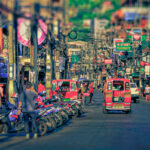











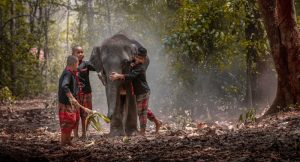



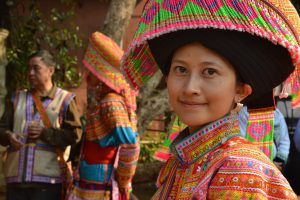


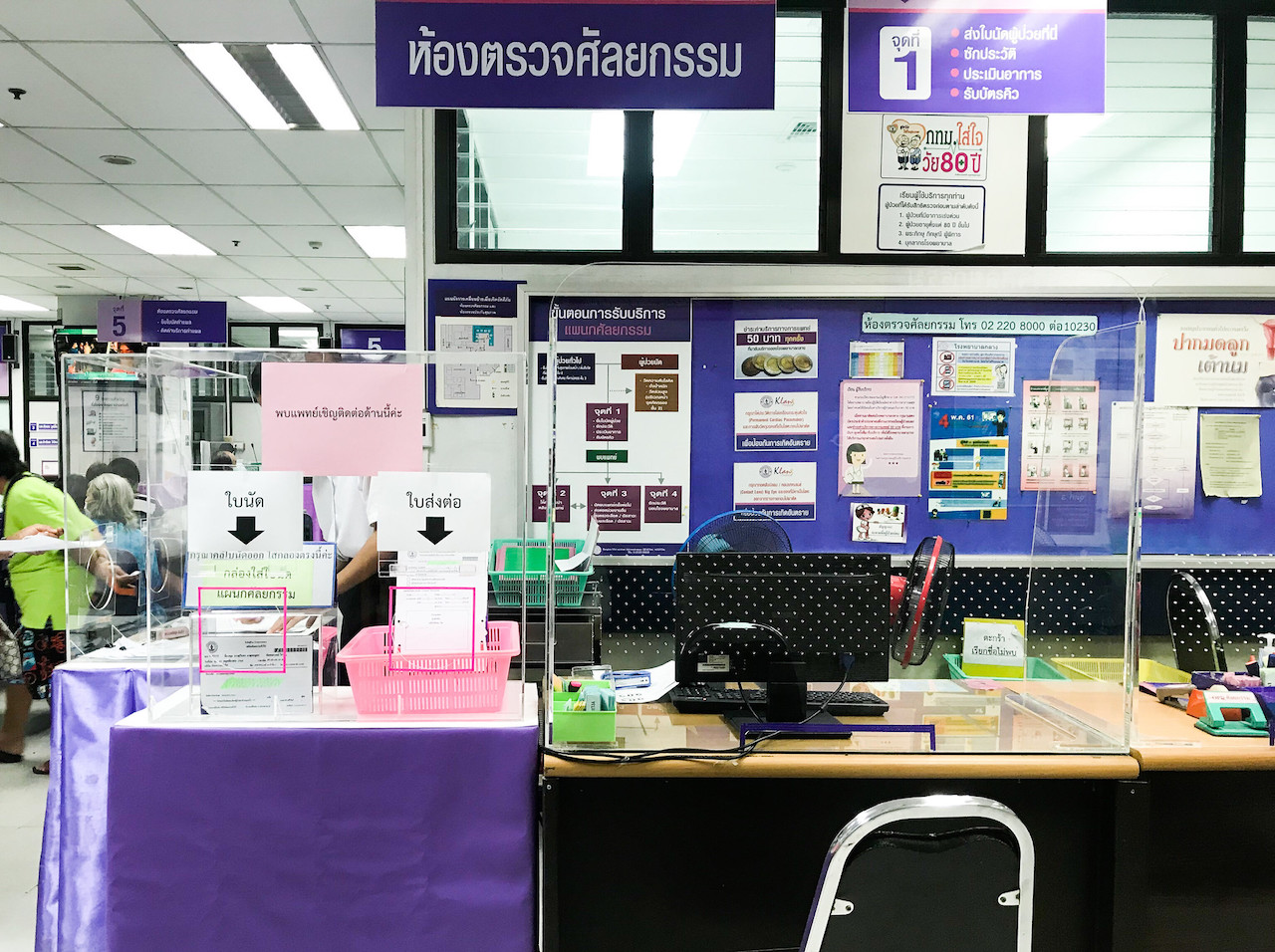

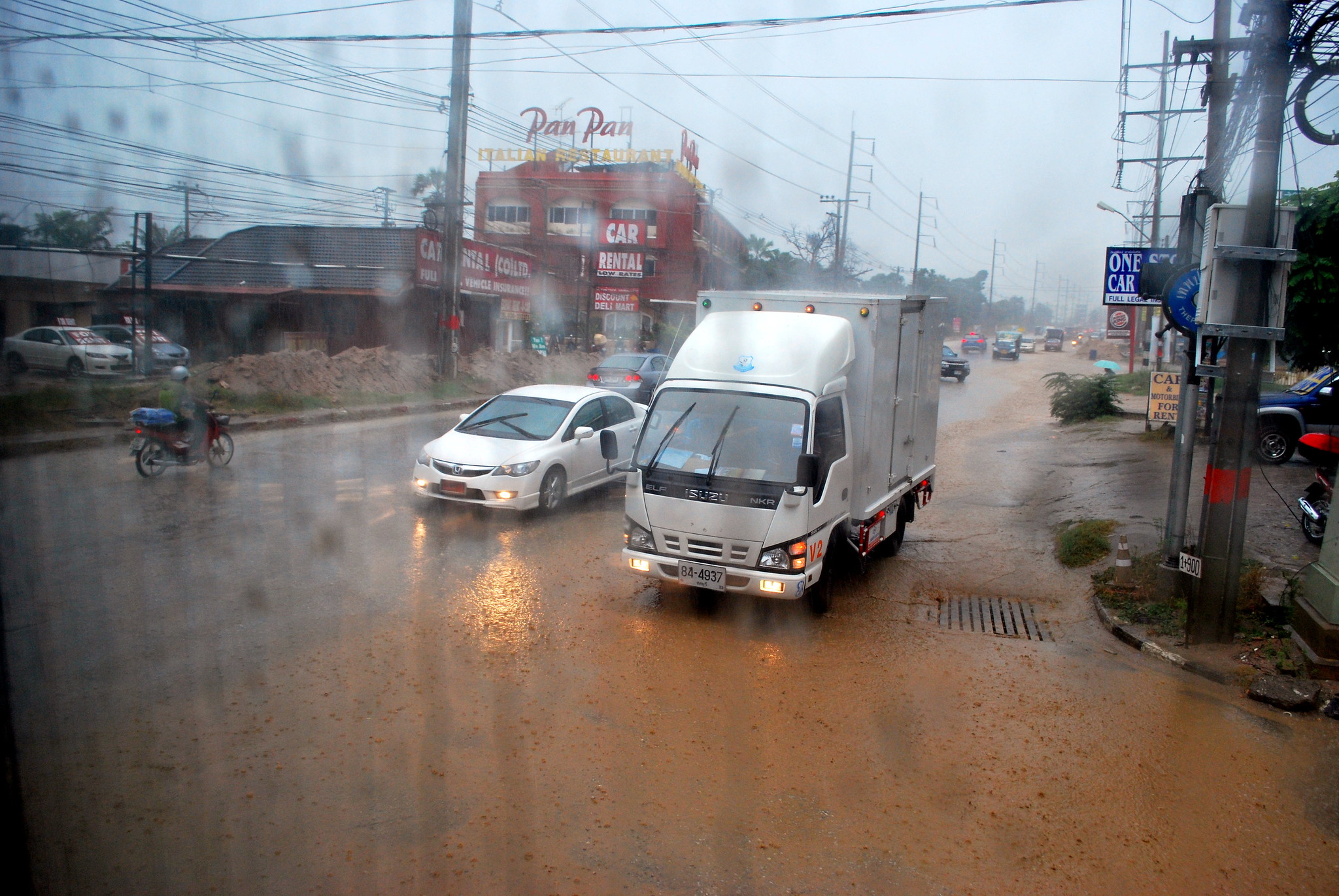
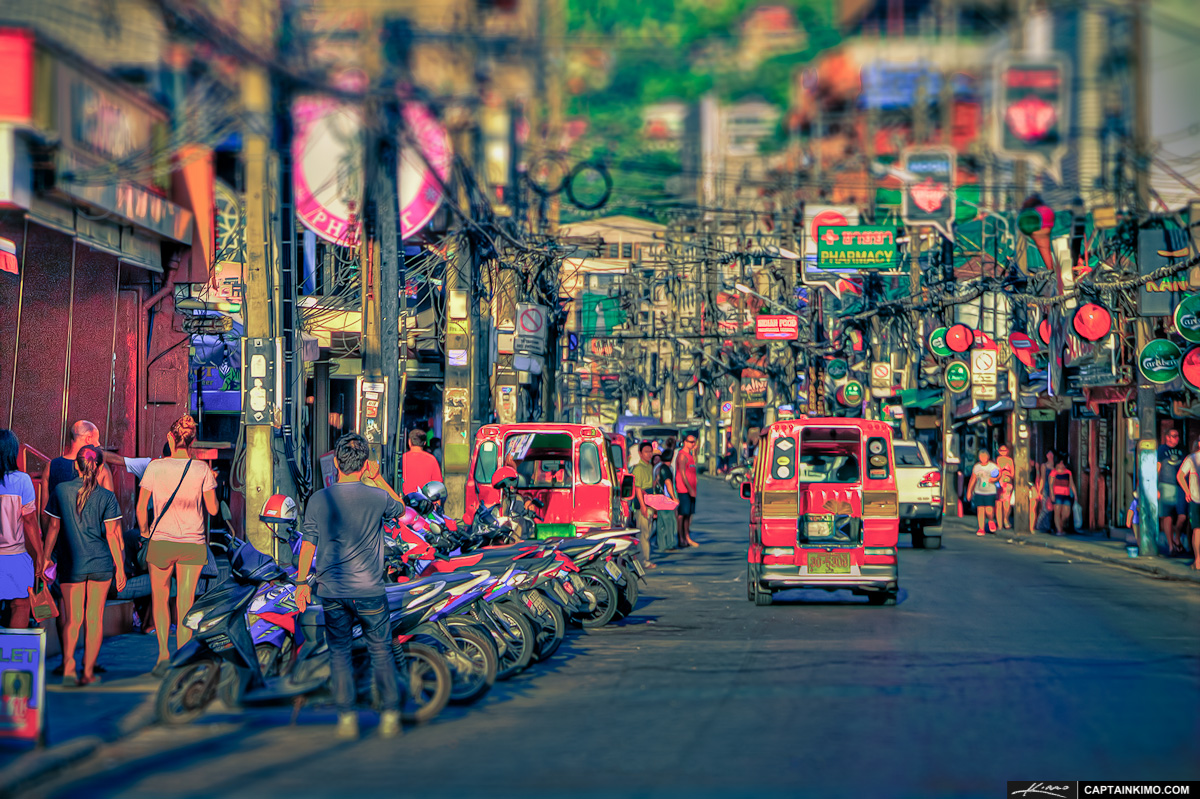

+ There are no comments
Add yours